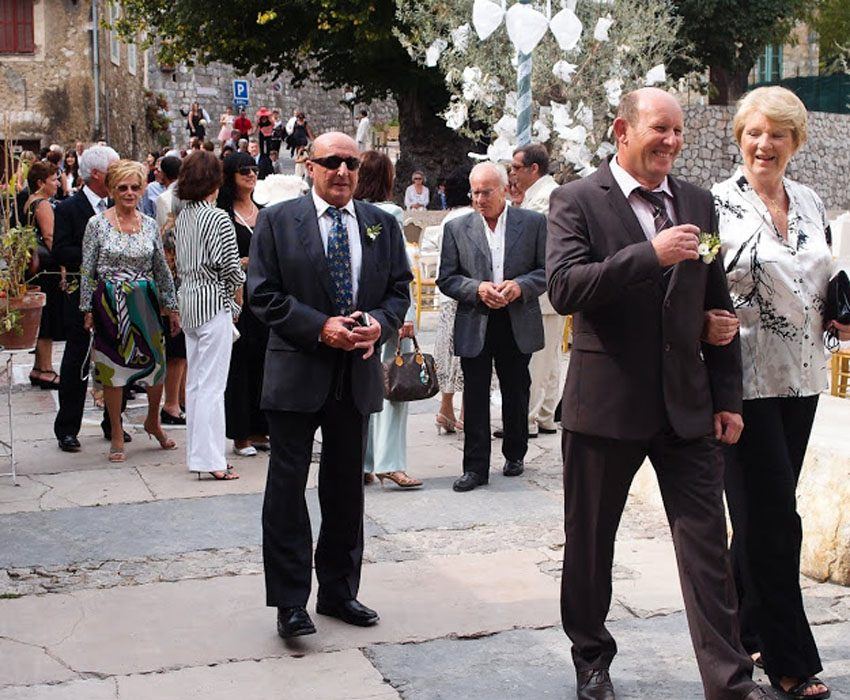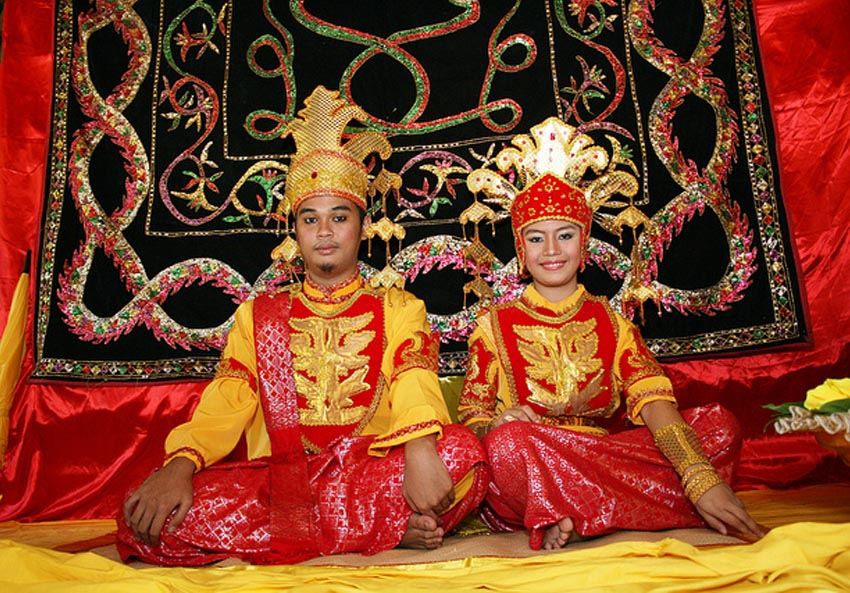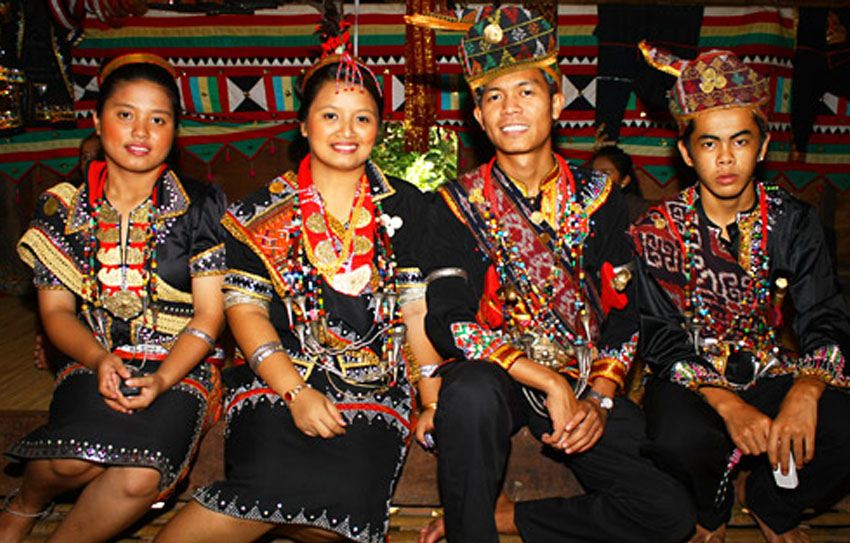Interesting Wedding Traditions: Charivari

Source: Rocking Facts
While the ruckus and clamor of France’s charivari ritual is now evocative of general post-wedding merriment, in the past it served as a not-so subtle way for families to tell their children to stop messing around in the sheets and tie the knot.

Source: Lindipendenza
Though many today associate France with general sexual liberation, the existence of charivari belies that stereotype. Beginning in the Middle Ages, disapproving denizens of a French community would march to the homes of individuals in the midst of unnatural or unsavory relations and convey their ill will by pounding on pots, pans or whatever other noise-making device they had at their disposal. Charivari recipients often included those who had recently remarried, questionable relations between an old widower and a much younger woman, those engaged in adultery and unmarried mothers.

Source: Menton Daily Photo
Perhaps one of the earliest forms of horizontal bullying, it was often women who led the march to the homes of the sexual hedonists and sought to eradicate and ostracize the socially unacceptable from the community. The thought at the time was that these unsavory social structures threatened the security of the whole.
Today, however, many French people take charivari in a bit of a self-aware stride. Following the nuptials, wedding guests partake in charivari by following the couple around with noisemakers, hoots and hollers — much like what is seen at just about any wedding ceremony. A fun bit of trivia, though: many believe that the French tradition of blowing car horns following a wedding is a remnant of the age-old charivari ritual.
Interesting Wedding Traditions: The Forbidden Bathroom

For those with a small bladder, be thankful that you are not a Bornean bride or bridegroom. Residing in the northeastern corners of Borneo, the Tidong people approach marriage with a number of rich–and occasionally bizarre–customs. On the day of the wedding, for example, the groom may only see his bride upon showering her shadow (she is concealed behind a veil) with romantic serenades. Following this musical requirement, the groom may see his bride and the ceremony may proceed.

Source: Flickr
It gets a bit less lovey-dovey from here on out. After the couple seals the deal, they are forbidden to use the restroom for three days. However odd it may seem to virtually everyone else outside of the culture, the thought among the Tidong people is that should the couple meet the toilet before those 72 hours pass, the marriage is doomed to fail. Infidelity and even the premature death of their future children are imminent. Thus instead of packing on the inevitable honeymoon poundage, Tidong newlyweds are given minimal amounts of food and water so they don’t throw away their future at the face of the porcelain throne.




